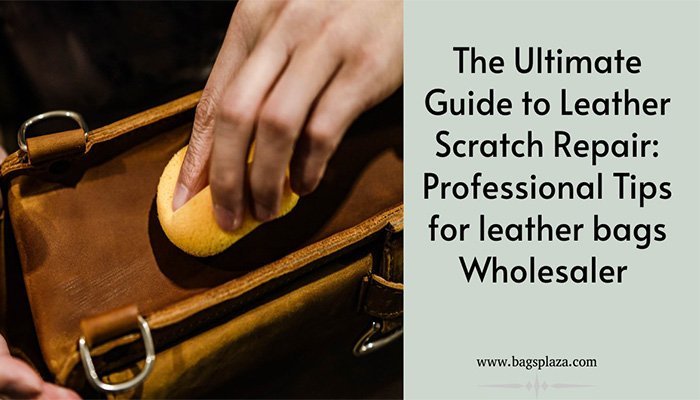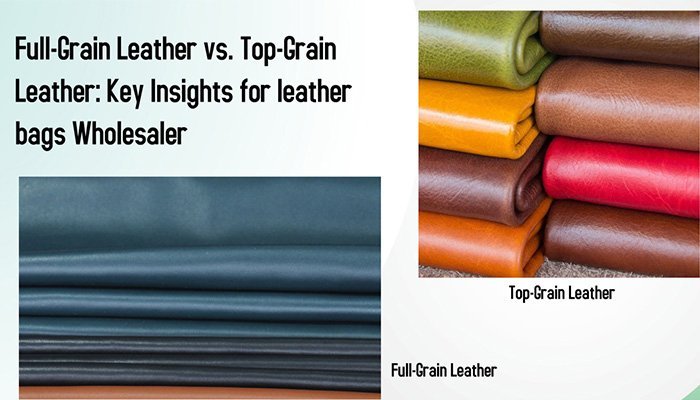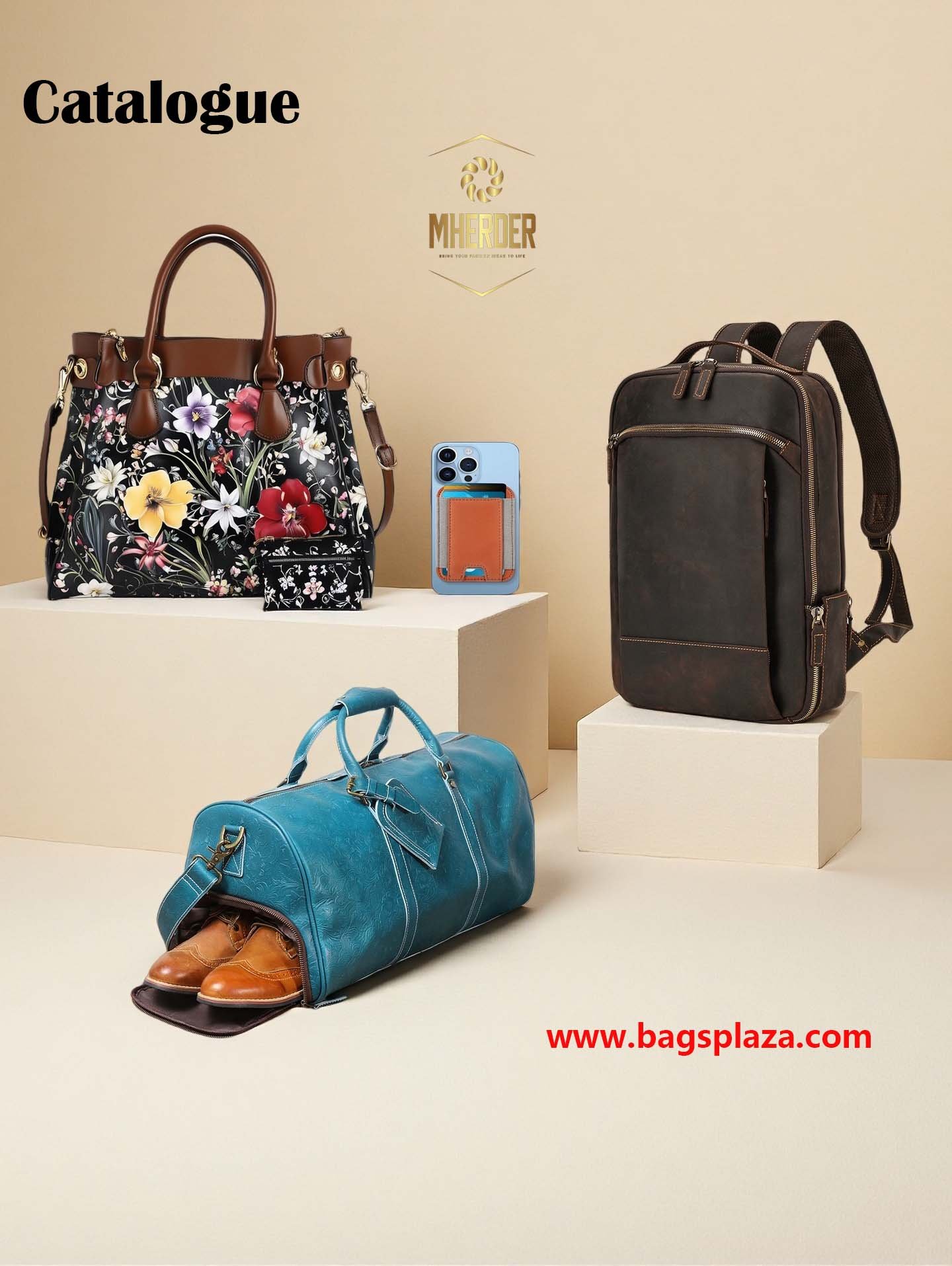Customized leather bags have seen a huge demand in the global market with China at the center of the supply. Various retailers and brands are sourcing customizable and high-quality products that meet specific customer preferences. According to Statista, China exported well over 39 billion USD worth of leather apparel in 2022 alone.
Nonetheless, sourcing quality leather is only one-half of the equation. The other half involves shipping. Getting customized leather bags from China to your destination and ensuring they get there safely and on time is imperative. Hence, you need to have a robust shipping strategy for everything to work according to plan. A reliable and timely shipping plan will ensure that you meet your customers’ needs and boost sales. To streamline your shipping process and avoid pitfalls on your way, read on.
Choosing the Right Supplier
Overview
The first step you’ll take towards your shipping journey is to choose a reliable, experienced, professional, and authentic leather bag manufacturer from China. Shipping timelines, product quality, and general customer satisfaction all depend on the supplier/manufacturer that you choose.
Tips for Evaluation
So, how exactly can you evaluate different suppliers from China to settle on just one? While there are so many Chinese customized leather bag suppliers, the following tips and tricks can help you out in making a wise decision:
- Communication and responsiveness – vet the suppliers on your list based on how they communicate with you. Did you inquire? How did they respond to it? Did they get back to you on time? Communication is paramount to making a good deal and smoothening supply and delivery. The supplier you choose should be transparent and effective in their communication. This not only builds trust in the relationship but also ensures everything flows smoothly.
- Check reviews and ratings – other customers can paint a picture of how it is to work with a specific supplier. Take note of any negative reviews and ratings from customers, as they can indicate an untrustworthy or low-quality supplier. Consider suppliers with high and positive ratings from clients. This will immediately reflect quality and reliability.
- Vet suppliers through trade shows and similar platforms – trade shows such as the Canton Fair and various online platforms such as Alibaba can help you in your search for a credible Chinese leather bag manufacturer. You can review products firsthand in such fairs and weigh the suppliers’ capabilities.
Understanding Incoterms
Overview
Incoterms (International Commercial Terms) are the responsibilities of buyers and sellers doing international transactions. These terms determine who pays the shipping costs, insurance, and many other logistical costs.
Commonly Used Incoterms
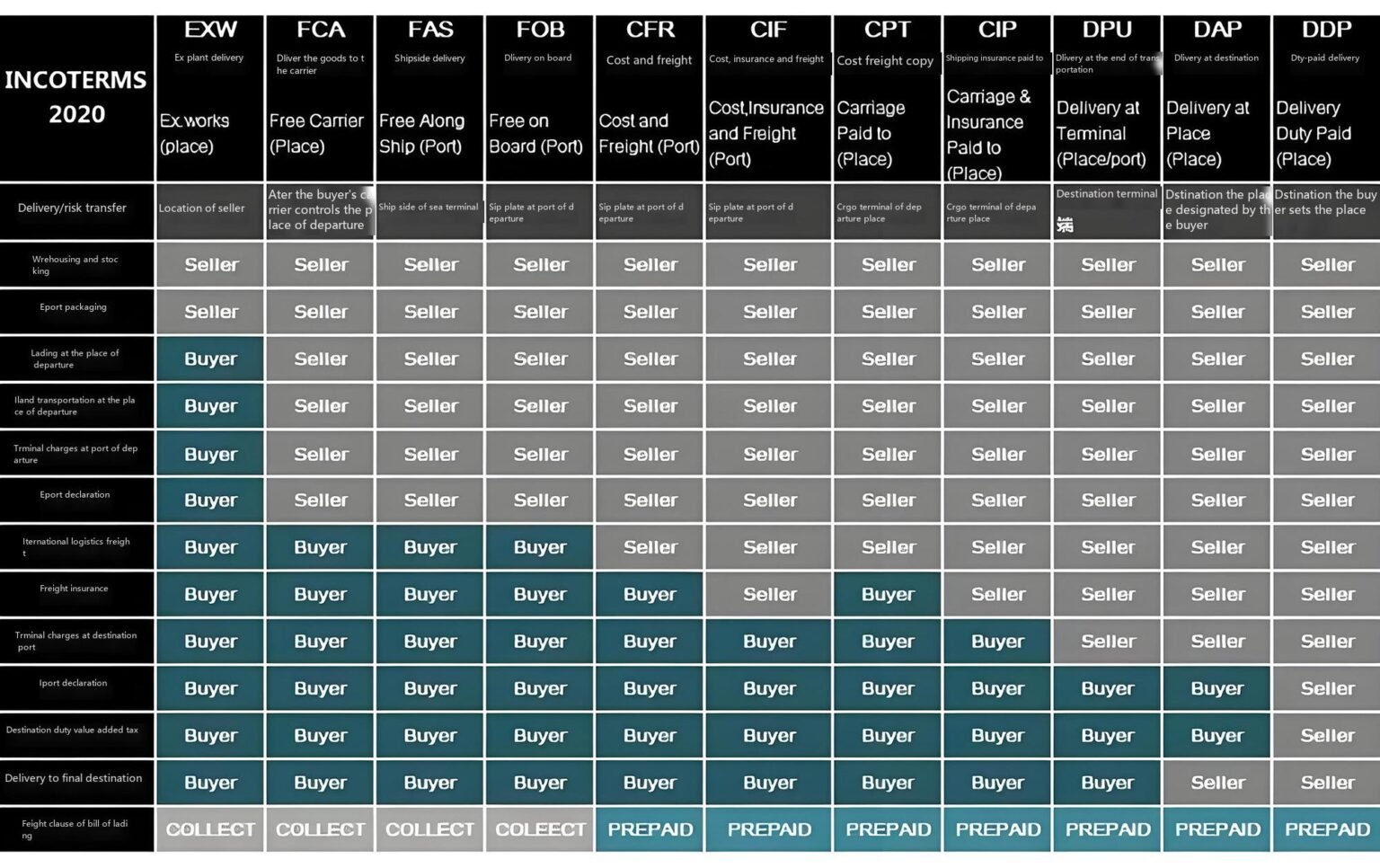
- DDP (Delivered Duty Paid) – in this, the seller handles all of the costs, including the import duties. It is ideal for buyers seeking a turnkey solution.
- CIF (Cost, Insurance, and Freight) – in this scenario, the seller handles insurance and shipping costs until goods get to your destination port. It is a hassle-free option.
- FOB (Free on Board) – the seller, in this case, is responsible for the goods until they’re loaded onto the shipping vessel. It is best for buyers looking for control during the shipping process.
Recommendations
Based on your distinct shipping model and needs, you can choose an Incoterm that suits you. CIF, for instance, helps businesses that want to avoid the technicalities of handling shipping logistics.
Packaging and Labeling Requirements
Overview
Packaging products well ensures there’s little to no damage during shipping. You wouldn’t want your products to arrive distorted, as this will directly affect your business.
Packaging Guidelines
- Use reinforced boxes – using reinforced boxes reduces the chances of transit damage.
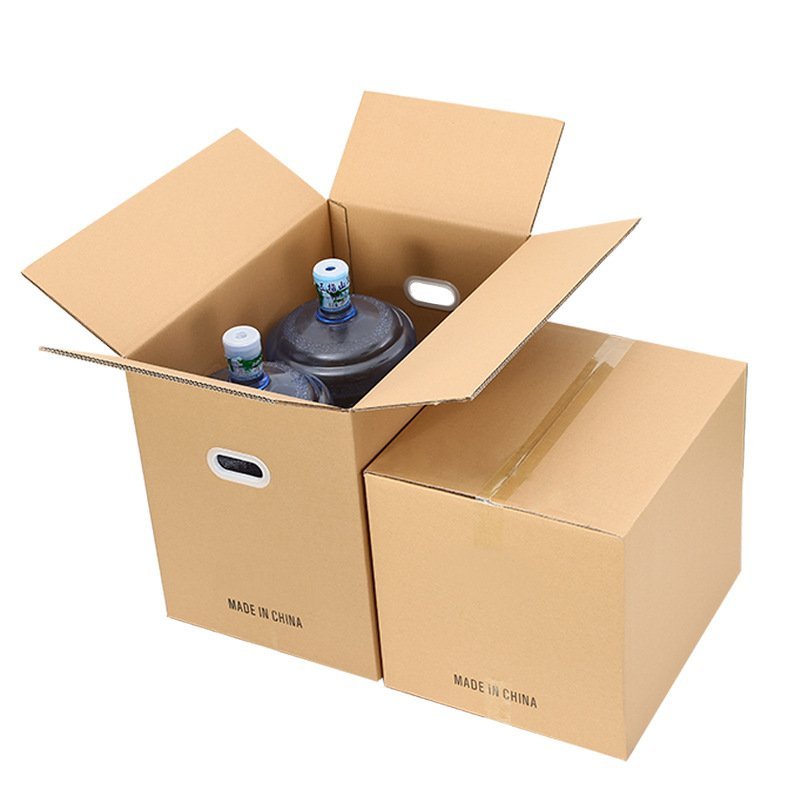
- Use protective materials – leather bags need bubble wraps around them during transportation to prevent damage. Scratches and moisture can affect the quality of leather bags on transit.
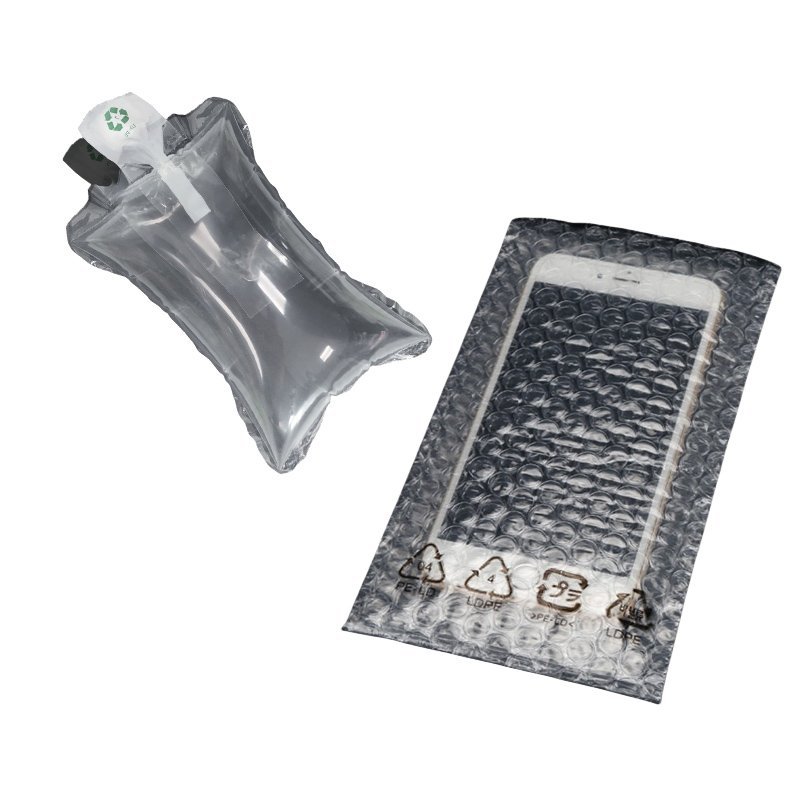
Labeling Considerations
All packages need proper labeling with all of the needed shipping information. Such information includes, but is not limited to, custom details and the destination address. To prevent delivery issues and delays in customs clearance, labeling all packages accordingly is paramount.
Selecting the Right Shipping Method
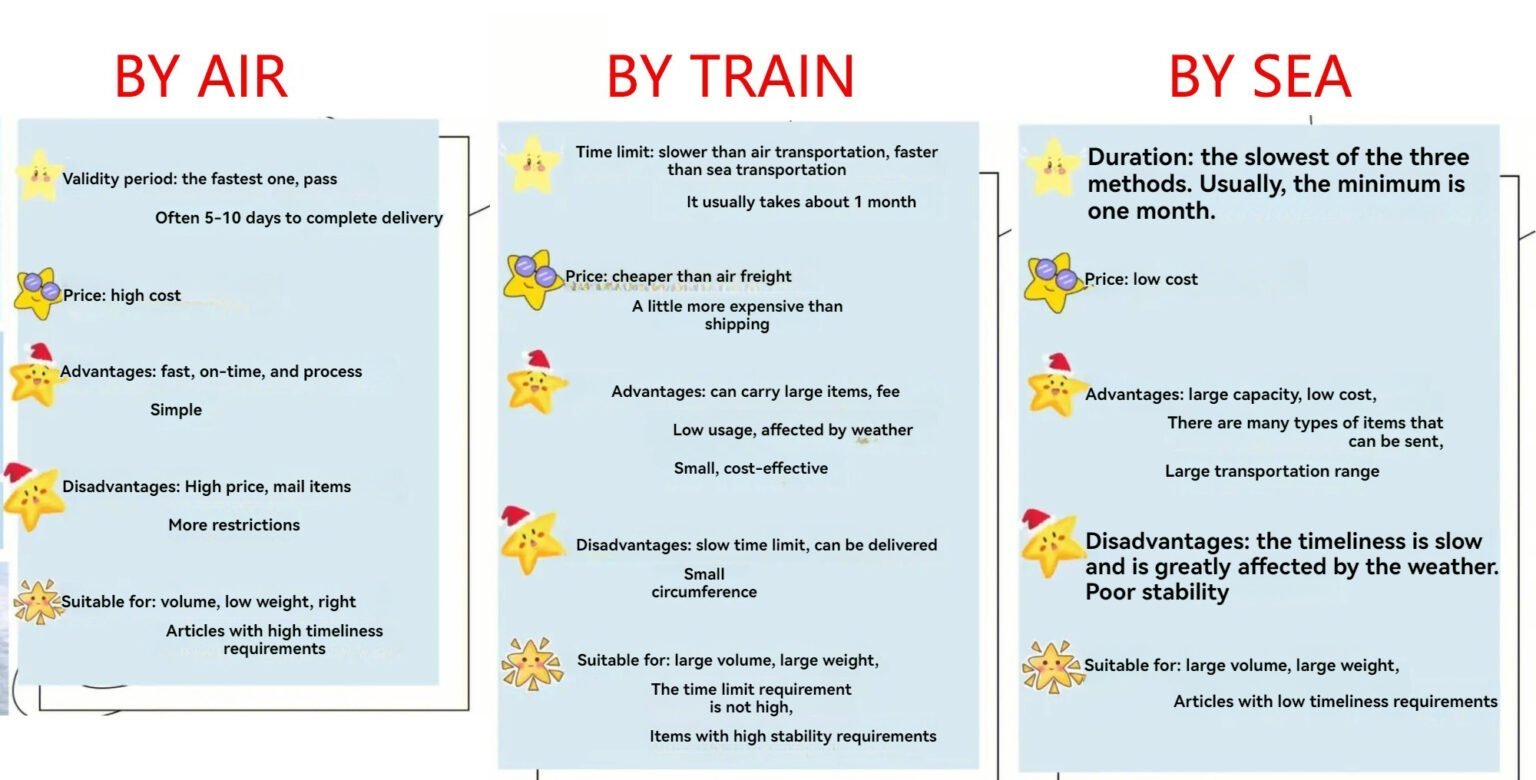
Overview
The shipping method you choose will depend on different constraints such as budget, order size, and delivery timelines. The main shipping methods from China include courier services, sea freight, and air freight.
Air vs. Sea Freight
While air freight is pretty fast, it is equally very expensive. It is best to use air shipping for high-value or urgent packages. On the flip side, sea freight is a lot slower than air but considerably cheaper. Sea shipping is effective for large orders that don’t rely so much on speed.
Courier Services
Express courier services like FedEx, DHL, and UPS are a fast option to ship small packages. They offer door-to-door delivery services, which makes them ideal for smaller orders.
Recommendations
Choose a shipping method that aligns with your individual business needs. For instance, you’d rather choose air freight if you have urgent deliveries, even when it’s more expensive. On the other hand, if you have large and non-urgent shipments, consider sea freight.
Navigating Customs and Import Regulations
Overview
To avoid delays and make sure that the delivery is smooth, it’s important to study and understand the customs processes and regulations of the country you’re planning to ship to.
Documentation Required
- Packing list and the certificate of origin – this provides necessary information about the contents and origin of the goods.
- Bill of lading – this is the contract that the carrier and shipper have that outlines details about the shipment.
- Commercial invoice – this is essential for customs clearance, as it indicates everything to do with the transaction.
Avoiding Delays
All of your documentation should be accurate and comply with import regulations. This will minimize the chances of any rejections and delays.
Partnering with a Reliable Freight Forwarder
Overview
Simplify your shipping process by partnering with a reliable freight forwarder. They will help manage the logistics, and documentation, and ensure that the entire transit is smooth.
Benefits of Using a Freight Forwarder
- Ensuring smooth transit – freight forwarders have the experience and expertise to mitigate any potential issues during transit.
- Expert documentation management – freight forwarders lift the weight of paperwork off your shoulders, thus, reducing errors and delays.
- Simplified logistics – freight forwarders coordinate the shipping process to ensure efficiency.
How to Choose
When selecting a freight forwarder, you will need to consider their experience, industry reputation, global reach, and pricing.
Tracking and Managing Shipments
Overview
Real-time tracking is important in managing international shipments and guaranteeing a timely delivery.
Tracking Tools
Shipping companies often use apps and tools for monitoring. Leverage these tools to monitor the shipment progress.
Proactive Communication
Communicate effectively with shipping providers to sort out any possible problems promptly and keep your customers in the loop.
Handling Shipping Delays
Overview
Shipping delays are a force majeure, which can disrupt your business plans and operations. Most shipping delays emanate from custom issues, weather, and logistical challenges.
Strategies for Minimizing Risk
- Clear communication – to ensure a smooth experience, communicate clearly and promptly. This will help you stay ahead of any potential issues.
- Buffer time – build extra time into your shipping schedule, this will help account for any delays.
Mitigation Plan
Whenever there’s a delay in shipping, communicate that effectively to your clientele base. You can also consider local fulfillment centers to reduce the impact.
Conclusion
Shipping customized leather bags from China needs careful planning and execution. Every stage of the shipping process is important and can make or break everything. From choosing the right supplier to familiarizing yourself with Incoterms and navigating customs, each step is crucial to your business success.
